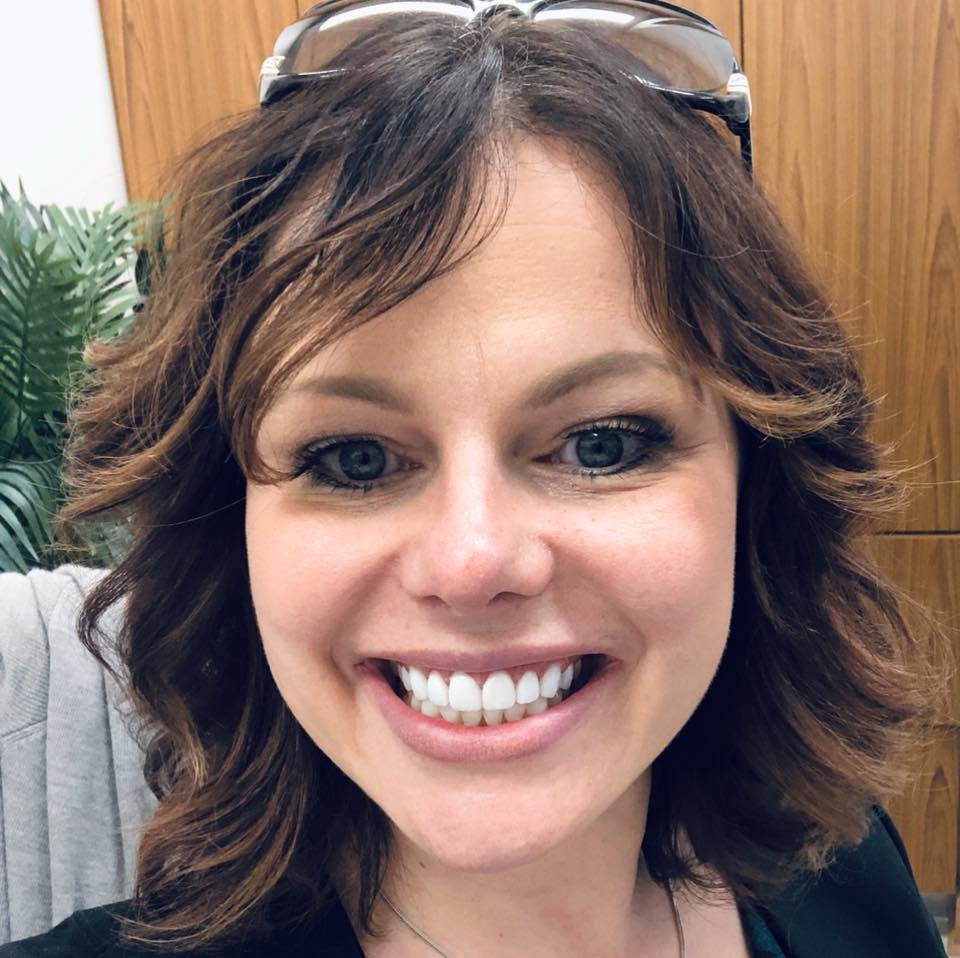
Dental Anxiety: How to Overcome Fear of the Dentist
Key Takeaways
Dental anxiety is common—but manageable.
Avoiding dental care can lead to more serious oral health issues.
Understanding your fear is the first step toward overcoming it.
Modern dentistry offers pain-free, anxiety-reducing options.
Choosing the right dentist for anxious patients makes all the difference.
Facing Your Fear, Taking the First Step
First, let’s get this out of the way: if you're scared of the dentist but need treatment, you're not alone. Dental anxiety—also known as dentophobia—affects millions of people. It doesn’t mean you’re weak or irrational. It means your nervous system is reacting to perceived threats, which in this case might be the dentist’s chair.
Unfortunately, ignoring this fear can do more harm than good. Skipping regular checkups or delaying treatment can lead to serious oral health issues, like cavities, infections, gum disease, or even tooth loss. Facing your fear isn’t just about comfort; it’s about long-term health and confidence in your smile.
What is Dental Anxiety and Why Should You Care?
Dental anxiety is a fear or stress associated with visiting the dentist. It can range from mild uneasiness to severe avoidance of dental care. Common oral anxiety symptoms include:
A racing heartbeat or shortness of breath
Sweaty palms
Nausea or stomach aches before appointments
Panic attacks
Trouble sleeping the night before a dental visit
This fear is more common than you might think—and it’s nothing to be ashamed of. Recognizing and understanding your dental anxiety is the first step toward managing it.
Why Do We Get Nervous About the Dentist?
The roots of dental anxiety often stretch back to childhood. Maybe you had a painful procedure as a kid or were scared by the sound of dental equipment. These experiences can leave lasting impressions.
But it’s not just the past—it’s the unknown. Not knowing what’s going to happen, how much it might hurt, or whether you’ll feel helpless can heighten anxiety. And for some, it’s a loss of control that triggers fear.
Understanding these causes helps you take back control—and that’s empowering.

How Dental Anxiety Can Affect Your Life and Health
Avoiding the dentist might feel like short-term relief, but it comes at a cost.
Over time, missed cleanings and delayed treatments can lead to:
Cavities and tooth decay
Gum disease
Chronic bad breath
Pain and infection
Tooth loss
And it’s not just about teeth. Poor oral health can impact your confidence, your job interviews, even your relationships. That’s why how to deal with dental anxiety isn't just a mental health conversation—it's a physical health one, too.
Practical Ways to Overcome Dental Anxiety
Here are some proven techniques:
Talk to your dentist: Let them know how you’re feeling. They can adjust the pace and approach to help you stay calm.
Try breathing techniques: Deep belly breathing can reduce heart rate and calm nerves.
Bring a friend: A trusted companion can help you feel supported during your visit.
Use distractions: Music or podcasts can block out sounds that may trigger fear.
Explore sedation options: Many clinics offer nitrous oxide or oral sedatives for extremely anxious patients.
How Modern Dentistry Helps Alleviate Anxiety
You’ll be glad to know that dental care has come a long way.
Today’s dental offices use:
Laser dentistry for less invasive procedures
Painless injections that reduce needle discomfort
Digital X-rays that are quicker and less intrusive
Soothing environments that feel more like a spa than a clinic
At the heart of it all are compassionate professionals who specialize in treating anxious patients. Finding a dentist for anxious patients near you is essential to ensure every visit feels safe and comfortable.

Tips for Making Your Dental Visit Easier
Here’s a checklist of what to do before going to the dentist if you have anxiety:
Book a morning appointment – You’ll have less time to worry.
Avoid caffeine – It can make anxiety worse.
Bring comfort items – Music, a stress ball, or a blanket can help.
Discuss a signal – Agree on a hand signal to pause treatment if you feel overwhelmed.
Practice relaxation techniques – Try meditation the night before and morning of your visit.
These small changes can make a big difference in how you feel in the chair.
Expert Guidance for the Best Outcome
If you're unsure where to start or how to relax in the dentist chair, the best thing you can do is consult your dentist. Together, you can discuss your triggers and come up with a plan that prioritizes your comfort and care.
Skymark Smile Centre – Quality and Comfort
At Skymark Smile Centre, we specialize in creating calm, personalized dental experiences. Whether you’re dealing with mild unease or full-blown dentophobia, our team is here for you.
“We take time to understand each patient’s concerns so we can tailor treatment to fit their needs. Comfort is just as important as care,” says Dr. Amir Guorgui, DDS at Skymark Smile Centre.
Our services include sedation dentistry, laser treatments, and extended consultations designed to help even the most anxious patients feel at ease. We’re proud to be the go-to dentist for anxious patients near you in Mississauga.
Book your visit today and take the first step toward fearless dental care.
FAQs: Common Questions About Dental Anxiety
Q: What is dentophobia?
A: Dentophobia is a clinical fear of dentists or dental procedures. It can range from general discomfort to severe anxiety.
Q: Can dental anxiety be cured?
A: While it may not fully disappear, it can be managed effectively through therapy, medication, and a supportive dental team.
Q: How do I know if I have oral anxiety symptoms?
A: Common signs include sweating, racing heart, nausea, panic, or difficulty sleeping before an appointment.
Q: What should I do if I'm scared of the dentist but need treatment?
A: Start by choosing a dental clinic experienced with anxious patients. Communicate your fears openly so your care can be tailored accordingly.
Sources & Further Reading

